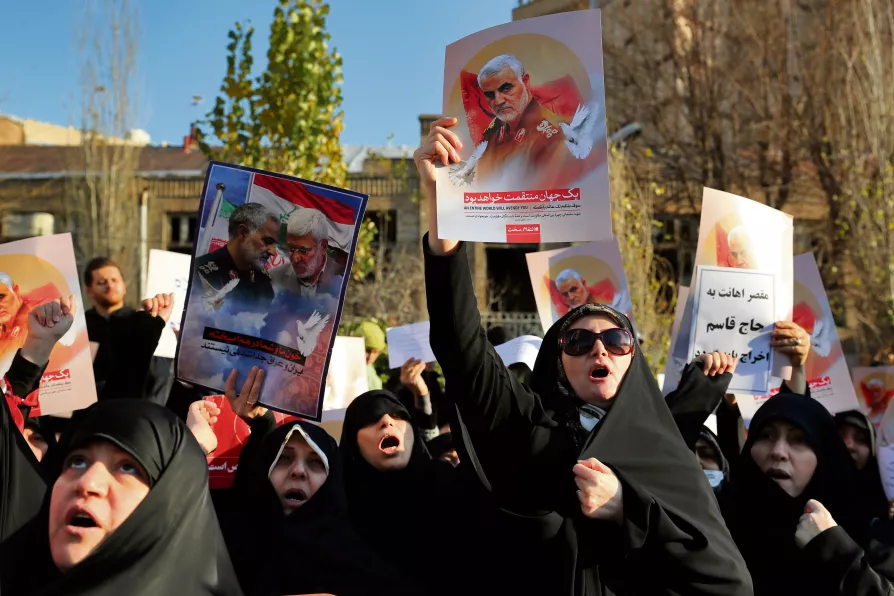John Wojcik pays tribute to a black US activist who spent six decades at the forefront of struggles for voting rights, economic justice and peace – reshaping US politics and inspiring movements worldwide


IMAGINE a prominent public figure — a general or a political leader — flying into a commercial, public airport of another country to attend a funeral, perhaps negotiate a peace initiative. After being greeted by a top leader of that country’s militia, national guard, or military reserve, the two proceed to leave the airport in a motorcade, taking no particularly remarkable security arrangements.
A drone from a third country intercepts the motorcade, firing missiles and killing everyone involved.
Understandably, such an event would provoke world outrage and calls for bringing the perpetrator to justice. If the visiting public figure were a Nato general visiting Greece, a cabinet member landing in Colombia, or an ambassadorial assignee in Japan, denouncements would ensue, moral indignation would explode, and legal consequences would follow. An angry UN would respond to calls for sanctions. Terrorism alerts would reach a high level.

Trump threatens war and punitive tariffs to recapture Iranian resources – just as in 1953, when the CIA overthrew Mossadegh and US corporations immediately seized 40% of the oil, says SEVIM DAGDELEN

The US’s bid for regime change in the Islamic Republic has become more urgent as it seeks to encircle and contain a resurgent China, writes CARLOS MARTINEZ











